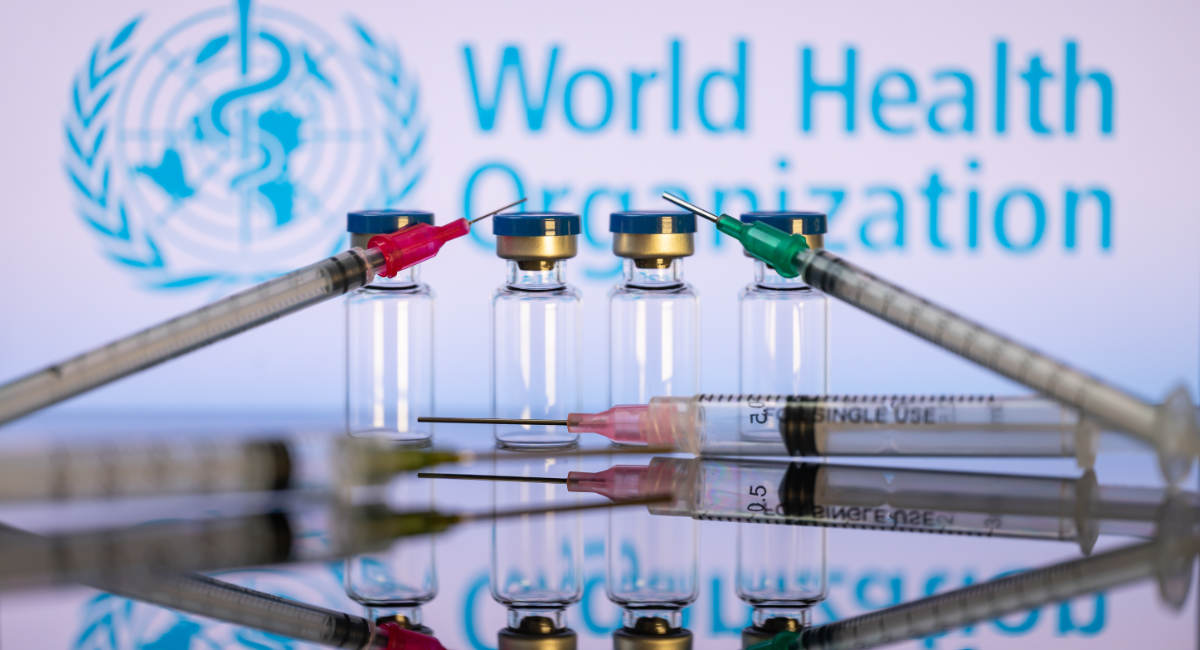Earlier this week, world leaders at the United Nations (UN) General Assembly approved a political declaration outlining strategies to enhance global readiness for future pandemics. However, discreetly embedded within this document is a call for certain social policies, including universal abortion expansion by 2030.
The declaration received approval at the UN’s inaugural summit on pandemic prevention, preparedness, and response. The summit’s objective is to bolster global cooperation in mitigating the socio-economic and health consequences of both COVID-19 and future pandemics.
Recent reports from the Washington Stand have revealed that the 13-page document contains language that lends support to abortion and gender ideology. Notably, in the 52nd paragraph of the 78-paragraph document, the following is endorsed:
“Ensure, by 2030, universal access to sexual and reproductive health-care services, including for family planning, information and education, and the integration of reproductive health into national strategies and programmes, which is fundamental to the achievement of universal health coverage, while reaffirming the commitments to ensure universal access to sexual and reproductive health and reproductive rights in accordance with the Programme of Action of the International Conference on Population and Development and the Beijing Platform for Action and the outcome documents of their review conferences…”
Why would a pandemic preparedness document even mention things of this nature? The UN’s news release announcing the approval of the declaration emphasizes that the “COVID-19 pandemic exposed global inequalities.” Yet, beneath the guise of addressing these disparities, the UN document is filled with euphemistic language regarding a push for policies advancing “sexual and reproductive rights” and similar terms, alluding to policies that promote unrestricted abortion access and expansion.
The incorporation of language advocating for abortion raises significant concerns, given that the declaration is meant to guide future pandemic response strategies. The World Health Organization (WHO) issued a news release applauding the declaration as a “historic” milestone. WHO Director-General Tedros Adhanom Ghebreyesus called on Member States to promptly act upon the commitments outlined in the document. Additionally, he urged them to reach a comprehensive agreement by May 2024, with the aim of developing a WHO international framework for pandemic prevention, preparedness, and response, as well as amending the 2005 international health regulations.
“This [declaration] is a roadmap of what the U.N. and the agencies are supporting,” Chris Gacek, senior fellow for Regulatory Affairs at Family Research Council (FRC), told The Washington Stand. “It incorporates everything. … What is ‘gender pay gap’ doing in a pandemic response? They’re rolling in everything. It’s a wish list of socialism and all of their social policies.”
The declaration sets a target for the UN to implement these policies by 2030, with the next crucial step likely taking place in Geneva next May when the declaration could potentially transform into a formalized treaty.
According to the Washington Stand, Arielle Del Turco, director of FRC’s Center for Religious Liberty, questioned the intentions of the UN and WHO in endorsing the declaration. She stated, “Progressive forces advocating abortion are using every available avenue to further their agenda. Activists are leveraging a declaration focused on pandemic preparedness to promote ‘universal access to sexual and reproductive health-care services,’ which, in practices, translates to universal abortion expansionism. It’s both hazardous and coercive to pressure nations to expand abortion under the pretext of addressing future pandemics.
Using global pandemic preparedness as a platform to push for universal abortion expansion is not focusing on preserving and protecting lives during health crises; it is promoting practices that end them.








